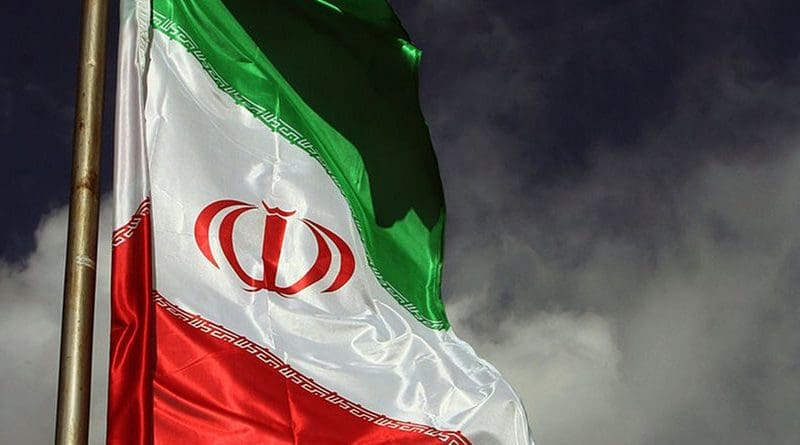Iran Is Islamic Variant Of Soviet Union At Its End – OpEd
By Paul Goble
Iran today resembles the USSR in its final days, “an ideological regime in collapse;” but the Iranian protesters are more radically inclined against the ayatollahs than were Russians against the communists and also more willing than Russians to bear their share of responsibility for the regime they hope to overthrow, Avraam Shmulevich says.
In an article on the After Empire portal and in an interview with Radio Liberty, the head of Israel’s Eastern Partnership Institute argues that is the case even if the current upsurge in protests in Iran is put down for a time (afterempire.info/2018/01/04/night-revolution/ and svoboda.org/a/28956976.html).
Authoritarian regimes “do not fall by themselves,” and they do not fall when they first face public opposition, the commentator says. Instead, they collapse as wave after wave of opposition appears and as their opponents become more radical in their criticisms and in their demands.
That was true of the Russian Empire and of the Soviet Union, and it is very much true of Iran now, Shmulyevich says. “If in 2009, protesters [there] demanded honest elections; now, no one talks about elections and the chief slogan is death: ‘Death to Khomeini,’ ‘Death to the Islamic Revolution!’ and so on.”
Like their Russian and Soviet precursors, the Iranian people see that the regime ruling over them oppresses the ordinary people while allowing “the golden youth to what it wants.” They see corruption all around them, with the rulers enriching themselves while the people suffer ever more.
All this, he continues, is very similar to what was the case in the Soviet Union in the 1980s.
But there are some big differences, Shmulyevich says; and those deserve to be attended to because they show that the Iranians in the streets are more angry and more committed to real change than were the supporters of perestroika at the end of Soviet times.
“In Iran, there is a real demand for democracy. People who are now going into the streets of Iranian cities really want freedom and really want the establishment of a normal democratic society. In Russia, there [was and] is no such demand.” Instead, there is a demand for another but “good tsar” to rule over the people.
The Iranians protesting now are talking “precisely about the complete destruction of the existing system. One of the slogans [they are marching under holds] ‘we were wrong when we made the Islamic Revolution.’ Such repentance and recognition of their own errors and that it necessary to go in another way does not exist in Russia now and did not in the early 1990s.”
What is happening in Iran now is a genuinely popular rising. No outside forces can get hundreds of thousands of people to go into the streets, although the current Iranian regime like all authoritarian ones elsewhere “accuses external forces” in order to try to mobilize patriotic feelings on its behalf.
Another way Iran is both similar to and different from the late Soviet Union is that in Iran today there are “quite powerful ethnic conflicts” and the existence of “at a minimum three national liberation movements – the Kurds, the Beluchi, and the Arabs” – not to mention the Azerbaijanis.
And the Iranian demonstrators can expect to gain the backing of many in the outside world not only because of their commitments to democracy and freedom, Shmulyevich says, but also because “in Iran is the very lowest level of anti-Semitism among the populations in the Middle East.”

